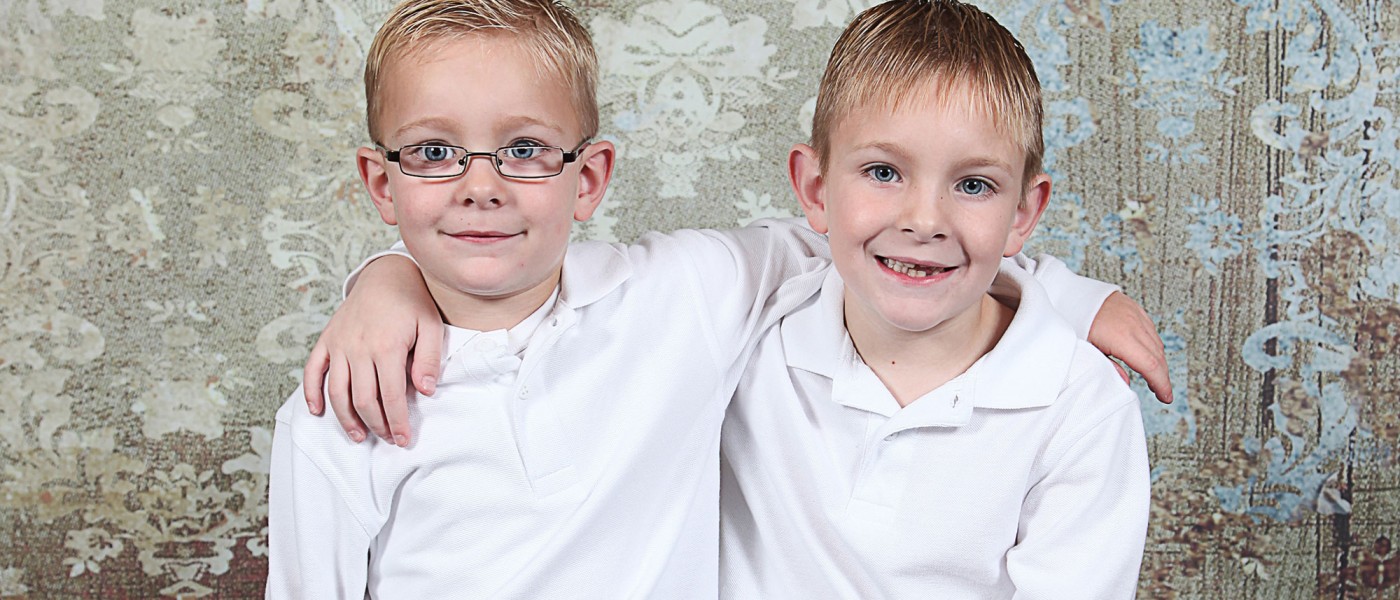Stuttering in Children and Toddlers
I get this question very often in my private practice. Many parents have observed in their young children (birth to age 5) a difficulty in forming fully fluent sentences. The task of forming coherent, perfectly articulated, and fluent language is a tall task and one that can take the whole of childhood to master. So, in many cases, stuttering in children or a disruption in their fluent speech is perfectly normal and not something that would require the attention of a speech therapist. Because stuttering is by far the most common type of speech dysfluency, I will focus today’s post on stuttering. However, there are several factors that parents should consider when faced with speech dysfluencies. These factors can very quickly give you, the parent, an indication of whether you would need to consult with a local speech therapist.
Your Child’s Language Skills
How strong are your child’s language skills? This would apply to how much he or she can understand as well as how effectively your child can express him or herself. If you have a concern about this realm of your child’s development, it would be a good idea to explore this with a local speech therapist. If your child is showing a delay in overall language development, then it is more likely that a stutter you’re observing in him or her is clinically significant. Conversely, if you are certain that your child does not have a language developmental delay, then it is more likely that a stutter is not something to work on in speech therapy and will more likely resolve itself.
Social Disposition
 Interestingly, your child’s social disposition is a factor in whether a stutter is likely to be a passing thing or something that would need treatment. Generally speaking, people who stutter and who are ultimately treated for their stuttering tend to be more reserved and introverted. Stuttering is comparatively rare in people who are described as highly social or extroverted. Of course, personality traits can be fluid and changing, especially in a young child. But, in general, research has identified that
Interestingly, your child’s social disposition is a factor in whether a stutter is likely to be a passing thing or something that would need treatment. Generally speaking, people who stutter and who are ultimately treated for their stuttering tend to be more reserved and introverted. Stuttering is comparatively rare in people who are described as highly social or extroverted. Of course, personality traits can be fluid and changing, especially in a young child. But, in general, research has identified that
young children who easily related to a variety of communication and are highly socially motivated are more likely to spontaneously correct a stutter observed in earlier childhood.
Without being too simplistic here, which best describes your child? If your child makes instant friends with everyone he or she meets, then that stutter is less likely to persist. However, if your child is more reserved and can be clearly described as “shy” then more vigilant monitoring of his or her stutter would be warranted.
Boy or Girl?
As you may already know, boys are at higher risk of virtually all speech and language developmental challenges. This applies to language delays, speech disorders, and (you guessed it) stuttering. Of course, plenty of girls are stutterers. However, boys are more likely to develop dysfluencies that require treatment. So, if your young child is stuttering and he is a boy, monitor more closely the progression of his stutter.
Family History
As with so many things related to health, education, and frankly, just about everything, genetics also comes into play in determining how concerned to be when you observe stuttering in your young child. This applies to your child’s immediate family, such as parents, grandparents and siblings. Uncles, aunts are cousins are of secondary importance here. If the family history is positive for stuttering, then your child would be more likely to himself or herself need speech treatment for a stutter. However, it is important to review a couple questions about that family member’s stutter: what was the nature of that stutter? How did it present at first and what was the story of how treatment went? Is stuttering still a challenge for that family member?
Nonverbal intelligence
This one is a little less intuitive but it is nonetheless worth mentioning. In a nut shell, children who showed persistent stuttering that required treatment scored slightly lower in terms of nonverbal intelligence as compared to kids who never stuttered or whose stuttering improved without the need for treatment. Examples of nonverbal intelligence include puzzles and usually rely heavily on the child’s visual intelligence capacities. However, this is just another “in general” type of thing; there are many examples of highly intelligent and accomplished stutterers. But, if you happen to know your child’s nonverbal intelligence is, for example, below that of his peers, more vigilant monitoring of his stuttering again may be a good idea.
The Course of Your Child’s Own Stuttering
Over a twelve month period, has the stuttering you’ve observed in your child increased or decreased? If it has stayed the same or increased, classic research in our field has suggested that your young child would be more likely to eventually require treatment. If it has notably decreased in severity or frequency, then your child is more likely to spontaneously smooth out his or her dysfluency. So, I’d recommend that upon onset of stuttering, keep a stuttering diary journal for your child and review it after a few months. The younger your child is, the more a progression of stuttering would be required in order for a concern to be clinically significant. You need not wait an entire year – and with older children this may not be a good idea – but carefully observe the change in the patterns of stuttering. This can give you a very salient clue as to how to proceed.
It can be unnerving to observe stuttering in your child. However, most children “grow out of” their stutters, and stuttering in children isn’t uncommon. The preceding developmental or personality factors can give you a clue as to how concerned to be. However, also rest assured that, in the event your child would need stuttering treatment, there are many great local speech therapists who can capably help to address stuttering in children.




